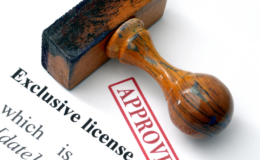Most people never have a reason to wonder how to value a small business, but your business valuation can be important if you’re planning on selling your business, merging, buying out other owners, or applying for a business loan. There are different ways to value a small business, and the appropriate method all depends on the size of the company and the purpose of the valuation.
- Adjusted Net Asset Method. An asset-based valuation is very straightforward as long as your balance sheet is in order. All you have to do is add up the value of your business’s assets and subtract the liabilities to get a starting value. This method is best for companies that don’t have a lot of earnings or is losing money.
- Capitalization of Cash Flow Method. To calculate your business value using this method, you will divide the cash flow from a specific period by the capitalization rate. The capitalization rate of a business is the expected rate of return, which is the rate of return a buyer can expect to earn if they purchase a company. This method is best for valuing mature and stable businesses unlikely to see big swings in the cash flow.
- Discounted Cash Flow Method. While the capitalization of cash flow method is great for steady businesses, this method is better for companies expected to significantly grow or shrink in the near future. A discounted cash flow method takes in the time value of money, assuming that the money will be worth more today than it is in the future. This method is great for comparing investment opportunities.
There are many answers regarding the question of how to value a small business. Whether you’re planning to sell, apply for a small business loan, or are just curious about the worth of your business, it’s important to pick the best method of valuation for your goals. Reach out to us if you are ready to start estimating how much your small business is worth.






